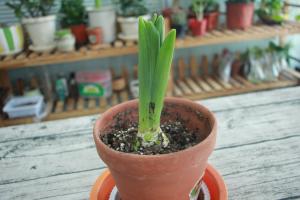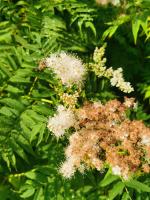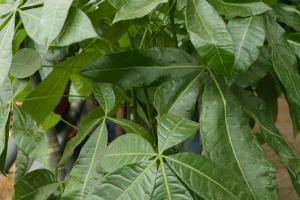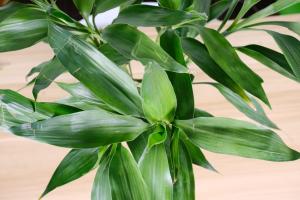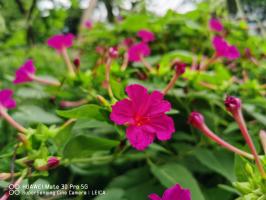Can You Use Recycled Water on Home Vegetable Plants?
As the world becomes more conscious of environmental issues, many people are exploring ways to reduce their water consumption. One way that has gained attention in recent years is using recycled water for various household activities, including watering plants. However, the question remains - can you use recycled water on home vegetable plants?
The Benefits of Using Recycled Water on Home Vegetable Plants
There are several benefits to using recycled water on home vegetable plants. The first and most obvious benefit is that it reduces water consumption. Using recycled water can help homeowners reduce their reliance on fresh water sources, which is especially important in areas where water is scarce. This not only helps the environment but can also save homeowners money on their water bills.
Another benefit of using recycled water is that it can be more nutrient-rich than fresh water. Recycled water often contains small amounts of fertilizers, which can be beneficial for plant growth. Additionally, using recycled water can reduce the amount of wastewater that is sent to treatment plants, which can help alleviate the burden on local infrastructure.
The Risks of Using Recycled Water on Home Vegetable Plants
While there are several benefits to using recycled water on home vegetable plants, there are also some potential risks to consider. The first risk is that recycled water may contain harmful chemicals or pathogens that can pose a risk to plant health and human health. This is especially true if the recycled water is not properly treated or tested for contaminants.
Another risk of using recycled water is that it may contain high levels of salts or minerals, which can accumulate in the soil and harm plant growth. Additionally, recycled water may not be suitable for all types of plants. Some plants are more sensitive to the quality and composition of water than others, so homeowners should research which plants are best suited for recycled water before using it.
Best Practices for Using Recycled Water on Home Vegetable Plants
Despite the potential risks of using recycled water on home vegetable plants, there are ways to minimize these risks and promote healthy plant growth. The first step is to ensure that the recycled water is properly treated and tested for contaminants before using it on plants. Homeowners can install filtration systems or work with local wastewater treatment plants to ensure that their recycled water is safe for use.
Another best practice is to only use recycled water on plants that are tolerant of its composition. Homeowners should research which plants are best suited for recycled water and avoid using it on sensitive plants. Additionally, homeowners can monitor their plants for signs of stress, such as leaf discoloration or wilting, which may indicate that the water is causing harm.
In Conclusion
Using recycled water on home vegetable plants can be an effective way to reduce water consumption and promote healthy plant growth. However, homeowners should be aware of the potential risks associated with recycled water and take steps to minimize these risks. By following best practices and using recycled water responsibly, homeowners can help protect the environment and grow delicious, healthy vegetables.

 how many times do yo...
how many times do yo... how many planted tre...
how many planted tre... how many pine trees ...
how many pine trees ... how many pecan trees...
how many pecan trees... how many plants comp...
how many plants comp... how many plants can ...
how many plants can ... how many plants and ...
how many plants and ... how many pepper plan...
how many pepper plan...